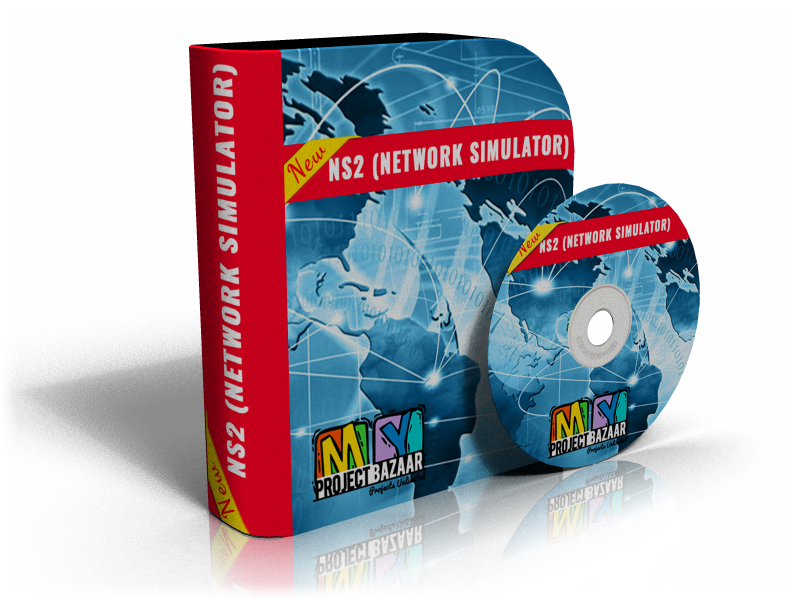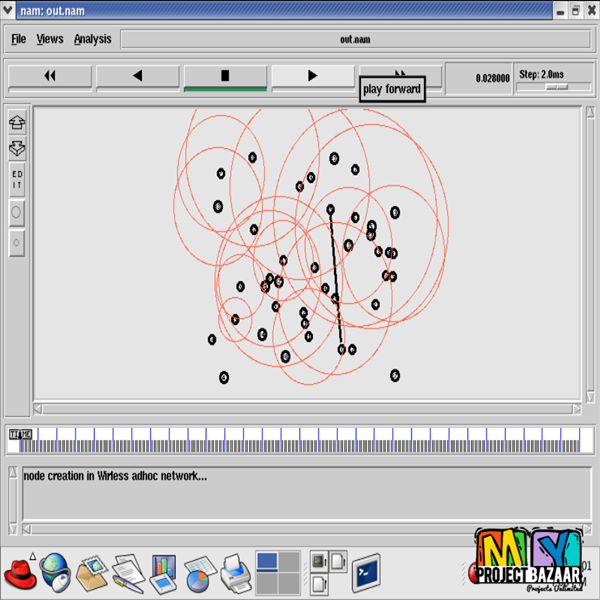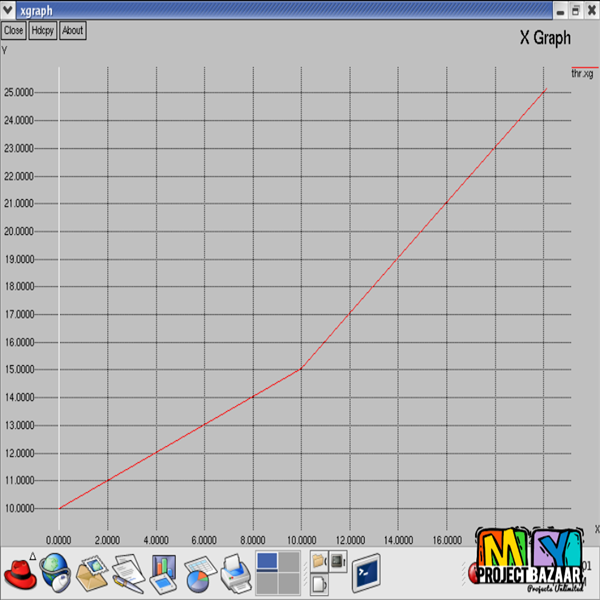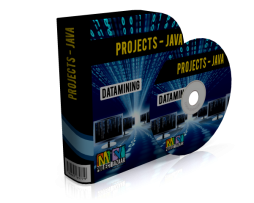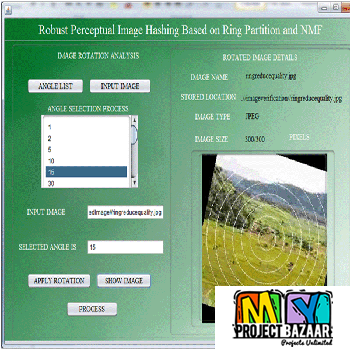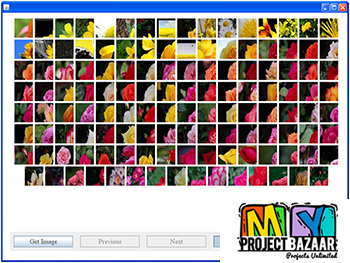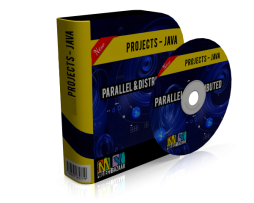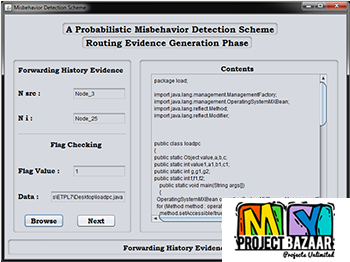
Diversity Backpressure Scheduling and Routing With Mutual Information Accumulation in Wireless Ad-Hoc Networks
Product Description
Diversity Backpressure Scheduling and Routing With Mutual Information Accumulation in Wireless Ad-Hoc Networks
Abstract— Routing in multi-hop wireless adhoc networks that exploit mutual information accumulation as the physical layer transmission scheme, and are capable of routing multiple packet streams (commodities) when only the average channel state information is present, and that only locally. The proposed algorithms are the modifications of the diversity backpressure (DIVBAR) algorithm, under which the packet whose commodity has the largest “backpressure metric” is chosen to be transmitted and is forwarded through the link with the largest differential backlog (queue length). In contrast to traditional DIVBAR, each receiving node stores and accumulates the partially received packet in a separate “partial packet queue”, thus increasing the probability of successful reception during a later possible retransmission. We present two variants of the algorithm: DIVBAR-renewal mutual information accumulation (RMIA), under which all the receiving nodes clear the received partial information of a packet once one or more receiving nodes firstly decode the packet. and DIVBAR-full mutual information accumulation (FMIA), under which all the receiving nodes retain the partial information of a packet until the packet has reached its destination. We characterize the network capacity region with the RMIA transmission scheme larger than the network capacity region. < final year projects >
Including Packages
Our Specialization
Support Service
Statistical Report

satisfied customers
3,589
Freelance projects
983
sales on Site
11,021
developers
175+Additional Information
| Domains | |
|---|---|
| Programming Language |

